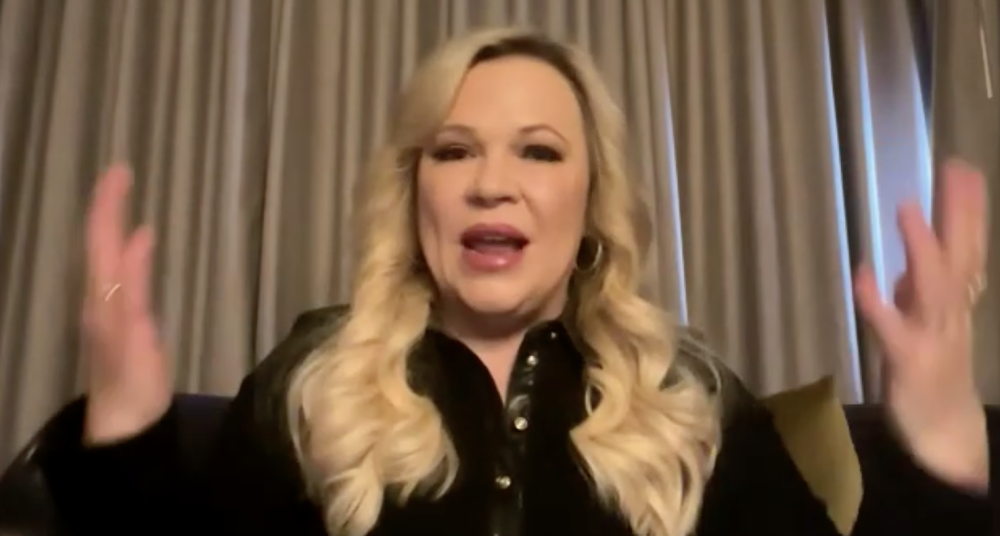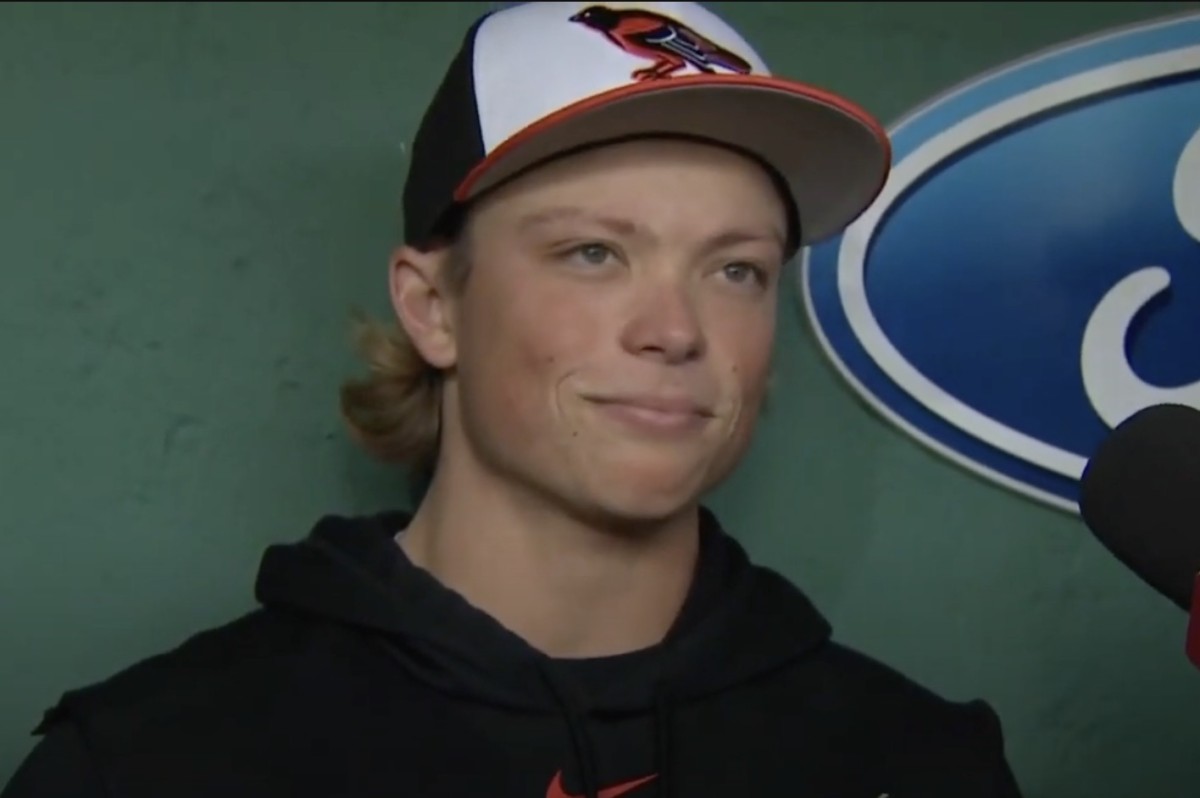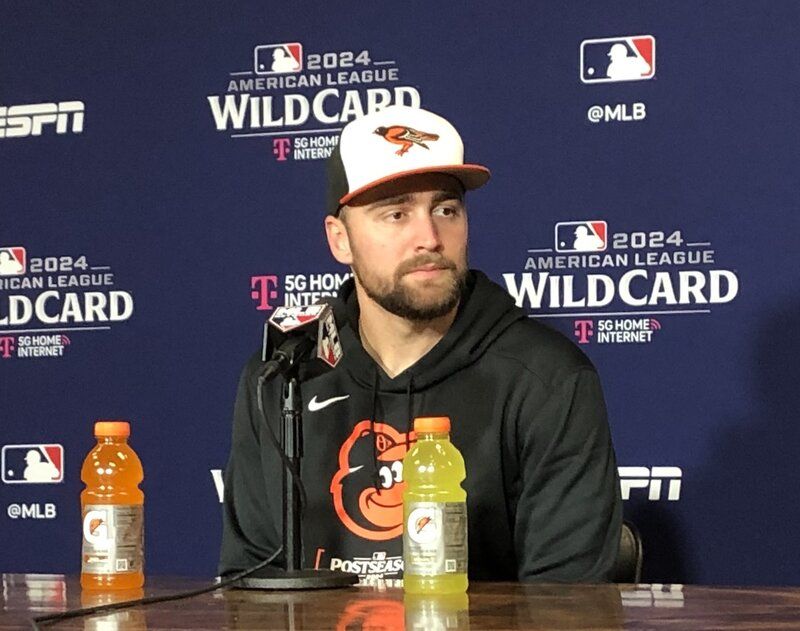The DeWitt ownership team, aided by Lucchino as he oversaw the Orioles, had been working for eight months to get a deal done so they were quite deep into their relationship and trust.
Lucchino had no idea that Jacobs was on the brink of the bankruptcy so when the deal fell apart in March, he was dealing with the reality of an auction and losing control of the franchise he had built.
Now, a few months later, in an effort to refute the “out of town” label that Angelos conveniently placed on them during the spring, Lucchino recruited Harvey “Bud” Meyerhoff, John Laporte, Jim Rieppe and other executives from T.Rowe Price and Alex Brown and Sons – all legitimate local business leaders – to DeWitt’s ownership group to give it a more Baltimore flavor.
Angelos continued to insinuate publicly that the team was somehow “at risk” by being owned by an out of town group, playing to the deepest, darkest provincial fears of a corps of previously abused Baltimore sports fans.
“The control of the club will reside in Cincinnati, Ohio,” Angelos told The Sun of a potential DeWitt-owned team. “The control of the Orioles belongs in Baltimore.”
Even though the team was openly going to auction, Jacobs was still adamant that DeWitt would be the eventual owner of the team. On June 12, when he officially ceded control of the team’s destiny to the courts in bankruptcy, Jacobs issued a statement to the media: “I am proud of the Orioles and believe the club and the community have benefited enormously by the new ballpark which we helped to build for the team. I am also pleased that the DeWitt . . . group will be as committed as I have been to building this great sports franchise and retaining its home in Baltimore at Oriole Park at Camden Yards.”
With the excitement of the second season of Orioles baseball at Camden Yards underway and the promise of hosting the Major League Baseball All Star Game in July 1993, Baltimore had become an attractive centerpiece for the sport during the spring.
On June 22, 1993, Angelos’ legal team, represented by Stamas and attorney Mark Friedman, went to New York for what was to be a procedural hearing outlining the rules and terms of the bankruptcy hearing in August. Judge Cornelius Blackshear welcomed the two prospective bidders – Angelos’ group and the group led by DeWitt’s team – and upon welcoming was told by Stamas that their group “represented the home team, and that the home team wanted to bid.”
Stamas said his group was prepared to offer $145 million. DeWitt’s attorney offered $146.25 million. Angelos’ group upped the bid to $148.1 million.
Both sides were feeling each other out, trying to seize the day in an attempt to convince Judge Blackshear to grant them a victory. Instead, with $3.1 million floating around in a matter of minutes and a responsibility to maximize the sale price on behalf of the many creditors of Jacobs, Blackshear sent both groups home to get better organized.
The date was set. On August 2, 1993, someone would emerge from Judge Blackshear’s courtroom with full control of the Baltimore Orioles.























